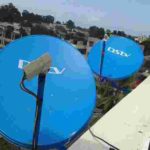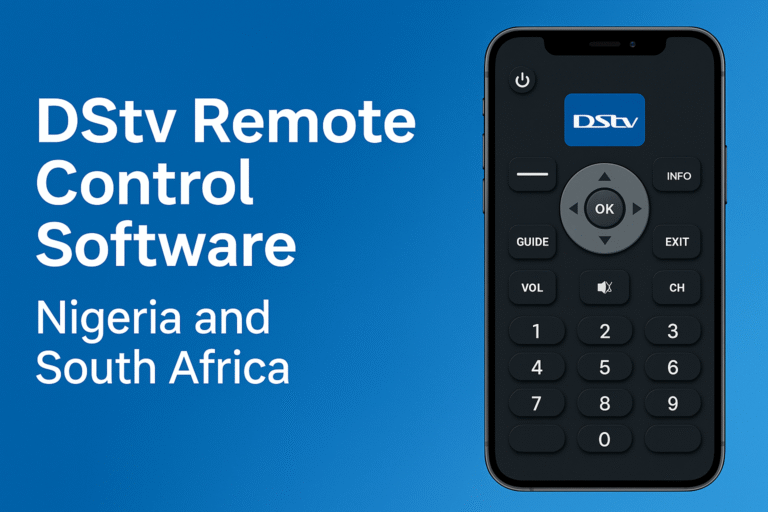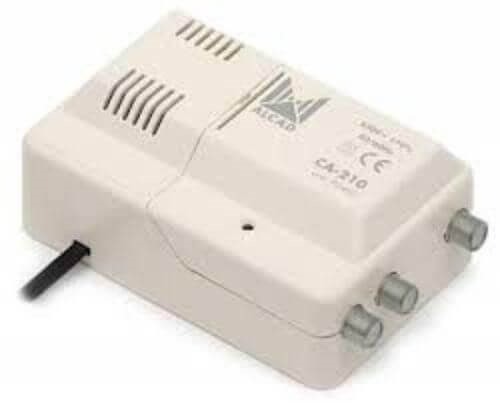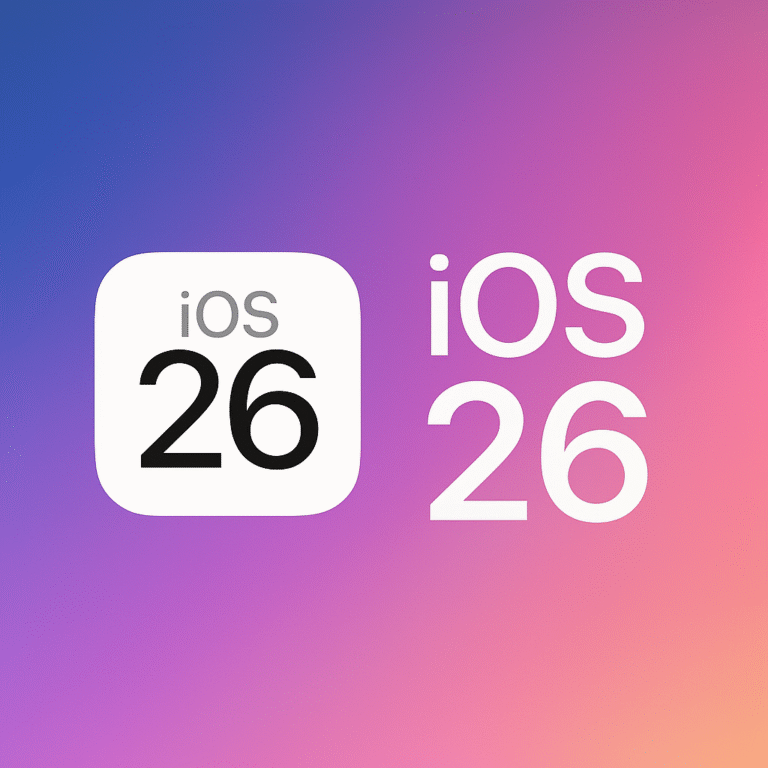If you own a DStv or you happen to be a regular DStv viewer, you will agree with me that the moment weather goes bad or rain starts falling, your view is virtually cut off or sometimes your images get stuck. I shall explain in this post why bad weather or rainfall distorts DStv signal and how you can save the situation to stay entertained.
It is not therefore strange to say that bad weather spells doom for digital satellite television signal reception. The truth is, millions of subscribers have found this very challenging and are looking forward to seeing this challenge surmounted someday.
It is not therefore strange to say that bad weather spells doom for digital satellite television signal reception. The truth is, millions of subscribers have found this very challenging and are looking forward to seeing this challenge surmounted someday.
I shall explain in details what causes DStv signal loss, why it happens and how you can remain connected to your world of DStv entertainment despite the bad weather signal distortion.
Science tells us that rain particles contain electric charges. When rain cloud gathers in the atmosphere, or rain falls, it blocks the trajectory or the path through which satellite signal travels from the satellite in space down to our DStv satellite dish in our homes. But first, let us explain how DStv signal travels through space.
The programs you watch on your DStv TV screen are the products of studio editing, satellite up-linking and down-linking, and subsequently the final down-linking transmission to our dish mounted in our different homes. From primary studios all over the world, these programs are generated and uplinked to some satellites in space.
These satellites transmit such primary signals to some secondary studios in other parts of the world, where these programs are edited to suit a particular region where the signals will end up being served.
Finally, the signals are uplinked to other satellites which carry these fine-tuned program signals to their target regions in another part of the world.
These satellites transmit such primary signals to some secondary studios in other parts of the world, where these programs are edited to suit a particular region where the signals will end up being served.
Finally, the signals are uplinked to other satellites which carry these fine-tuned program signals to their target regions in another part of the world.
Now how do all these concern rainfall, bad weather and signal loss? Satellite signals get weaker as they travel through rain. Whether the rain is falling in your region or storm is raging in the other side of the world where the primary studio is located, there are chances your signal will be distorted.
Assuming a primary studio is located somewhere in Europe, the secondary studio in Africa and the target region in another part of Africa, at whatever point there is severe bad weather, there are chances your signal reception at the target location will be distorted.
However the chances of signal breakage increase if the bad weather is occasioned in the target region where the last down-link from satellite to our dish at home occurs.
Assuming a primary studio is located somewhere in Europe, the secondary studio in Africa and the target region in another part of Africa, at whatever point there is severe bad weather, there are chances your signal reception at the target location will be distorted.
However the chances of signal breakage increase if the bad weather is occasioned in the target region where the last down-link from satellite to our dish at home occurs.
What can I do to stay entertained during signal loss?
Unfortunately, there is nothing anybody can do about bad weather or rain distortion of digital satellite signals. However, you can reduce or even eliminate the effect of losing signal on your entertainment. There is a way to remain connected when your DStv signal is gone, thereby ensuring you do not miss your much interesting programs.
Starting with the PVR decoder-If you own one, this period of signal disruption offers the best time to watch the pre-recorded programs on it, while waiting for signal restoration.
As a DStv Premium customer you can also catch up on your favourite shows on DStv Catch Up or if you’re a DStv Premium, DStv Extra or DStv Compact customer, you can hire movies from BoxOffice straight from your PVR (these must have been downloaded before the signal break).
Even if you don’t have a PVR, you can still hire movies from BoxOffice, which is available to all DStv subscribers and non-DStv subscribers.
As a DStv Premium customer you can also catch up on your favourite shows on DStv Catch Up or if you’re a DStv Premium, DStv Extra or DStv Compact customer, you can hire movies from BoxOffice straight from your PVR (these must have been downloaded before the signal break).
Even if you don’t have a PVR, you can still hire movies from BoxOffice, which is available to all DStv subscribers and non-DStv subscribers.
If you’re a sports lover, visit the SuperSport website for live streaming and the latest highlights. Before you know it, the weather will clear and your signal and picture will be back.
Now your days of boredom are gone as you know how to keep up the show even in the face of DStv signal loss. Now you know why bad weather or rainfall distorts DStv signal and how to stay entertained. What about your friends and family? you need to inform them on this.
Share this on your social network – Facebook, twitter, Google +, wherever you are connected to. However, do not forget to subscribe to our free updates by registering your email at the top right corner of this web page.
Share this on your social network – Facebook, twitter, Google +, wherever you are connected to. However, do not forget to subscribe to our free updates by registering your email at the top right corner of this web page.











